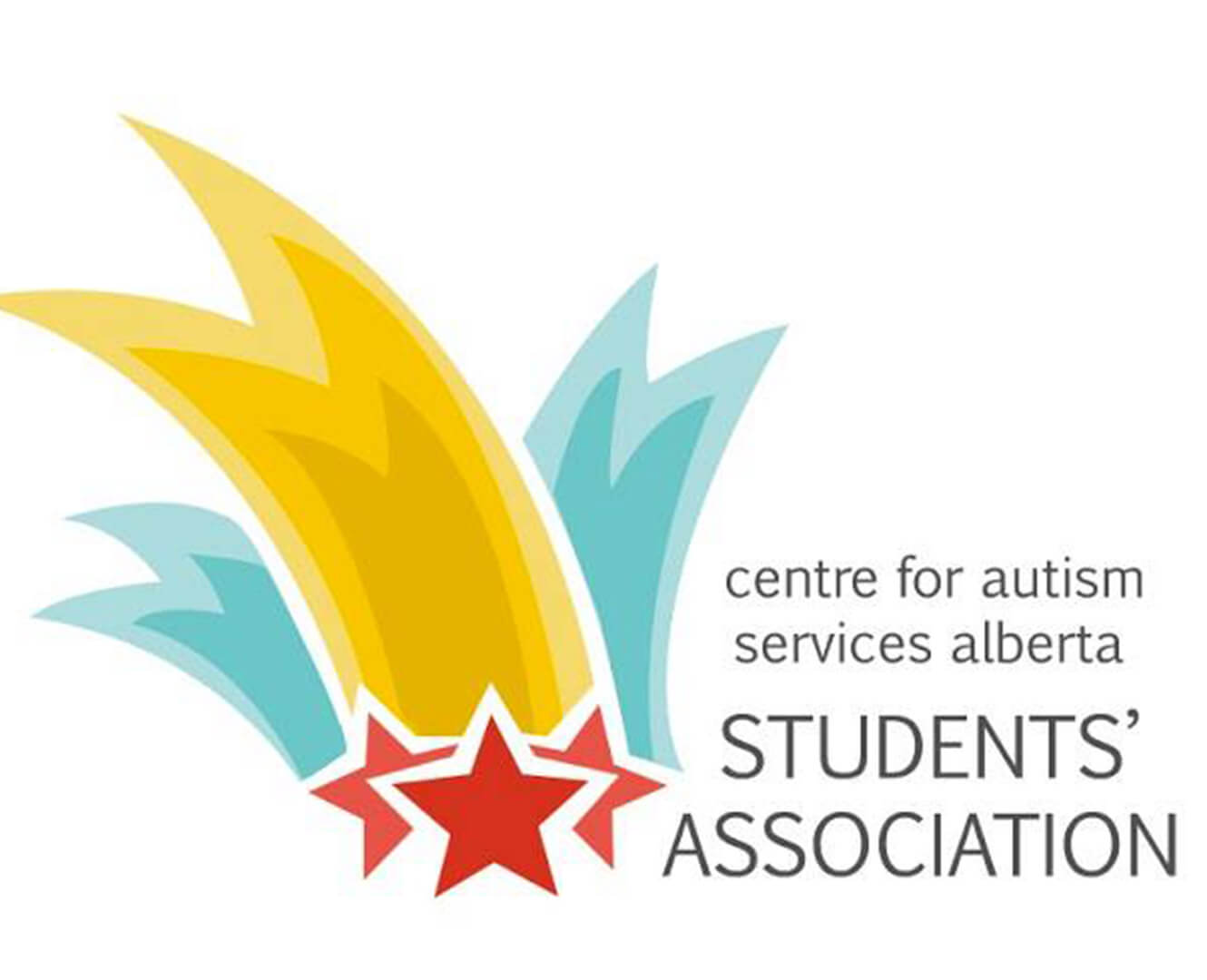NAIT student Danielle Thomson and the Centre for Autism Services Alberta (CFASA) are gearing up for this year’s Discovering Autism in the Covid World conference.
On Saturday, March 20, the 8th annual event, organized by the CFASA Student’s Association at the University of Alberta, will go live via Zoom to address Autism Spectrum Disorder (ASD).
Deborah Allard Usunier, the Executive Director of the CFASA, a non-profit organization that supports those on the spectrum, says raising awareness about ASD isn’t the challenge, it’s the necessary acceptance of people with ASD that is lacking.
“I think the general public is not aware of all the strengths and benefits that autistic people bring to the table… Their attention to detail, honesty, and a deep passion for specific topics, to name a few,” Usunier said.
Diagnosed with mild Asperger Syndrome at 17, Danielle Thomson is working towards NAIT’s Business Administration Diploma, and on her way to receiving her certification in Payroll.
Thomson will represent herself and the Autism Women and Non-Binary Network of Edmonton (AWNNE), a sector of CFASA, on the discussion panel at this weekend’s conference.
“It’s a really good connection base, where I can actually have people to relate to. You know, people who are going through it as well, and I know I’m not the only one,” said Thomson.
The event is an opportunity for the public, employers, educators, and parents to gain perspective. Thomson will address her own experiences in the hope that ASD will be better understood.
“Everybody has a different brain, and mine just happens to be completely different and out of the box…It’s not a processing error, it’s a different operating system. […] I’m doing this conference to inform others. To be able to get them to ask questions about what they want to know about people living with autism,” said Thomson.
Asperger Syndrome, a term of the past, is more commonly referred to as high-functioning autism. Meaning, those who are diagnosed may experience deficits in some areas of life, but are quite capable in others.
Thomson’s ASD creates a language processing and comprehension delay. Relying primarily on verbal communication, Thomson uses Sheldon, from television’s The Big Bang Theory, to explain.
“I know he’s not autistic, but he can’t read social cues, can’t read body language, can’t read sarcasm. Those messages that people communicate with, it’s blind to me… When it comes to my relationships and friendships, they all have to be completely honest,” said Thomson.
In Canada, adults with ASD have the lowest employment rate at 11 per cent. Ableism creates a sense of irrelevance, under-appreciation and exclusion. This issue, which isn’t addressed enough according to Thomson, is a reason the ASD community feels they have to hide themselves.
“It’s almost like I want to be like everybody else, though I’m not and I have to, you know just embrace that and just be myself. […] But there’s also a balance where I want to be my professional self as well, and it’s a bit of a challenge when I sometimes have to camouflage that, which also means I have to hide those autistic traits.”
Ten years after her diagnosis, Thomson is adjusting to life with ASD and will continue to self-advocate and be a voice for her community.
“I’m still learning and trying to accept it myself… Sometimes I speak too much without filtering, but that’s another thing I’m working on,” said.
Danielle Thomson speaks at the CFASA Conference on March 20. Tickets are available through the @ualberta_cfasa Instagram for $5 or by donation. For information about the CFASA and AWNNE organizations visit centreforautism.ab.ca.





